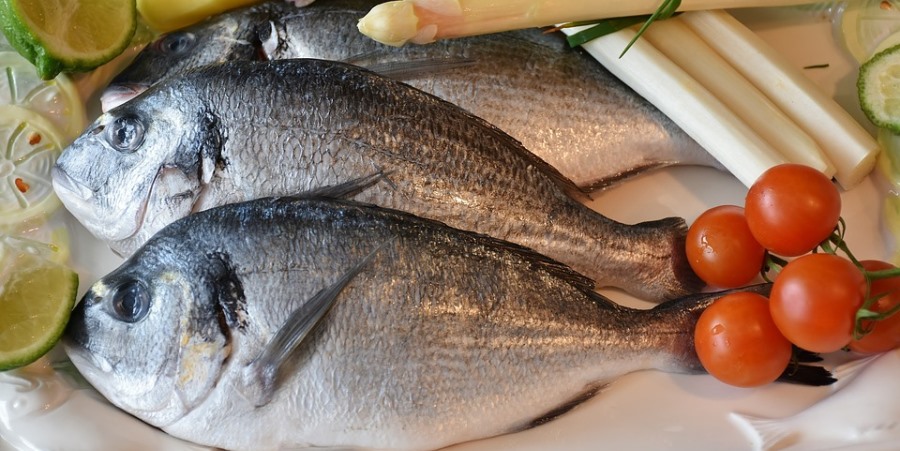A ‘melting pot’ of risks are threatening global seafood and meat price stability, according to Rabobank’s annual outlook report.
Rabobank’s report Growth Slows Down…As Doubt Gears Up, reveals that while meat and seafood markets will continue growing in 2019, the risks of an El Niño (a warm phase of the El Niño Southern Oscillation) weather system are bringing great uncertainty to the outlook for 2019.
In addition, the trade war between the US and China has played a part in shaping 2018, and if, as expected, it continues into 2019, it will alter global trade flows in the year ahead and beyond.
Justin Sherrard, global strategist for animal protein at the bank, added: “Meat and seafood producers face a melting pot of risks. Although it’s possible that not all of them will come to pass, they need to be prepared for a difficult and worrying year in 2019.”
A window of opportunity
However, as a result of the US and China trade war, US meat and seafood exporters are said to be looking for new trading partners outside of China.
This should provide a ‘window of opportunity’ for many other countries, including the EU, Australia, Brazil, Canada, and Russia, who will all be looking to fill the place in the Chinese market created by US absence.
Sherrard added: “As we look into 2019, we see animal protein trade flows continuing to be shaped not only by US trade disputes, but also by issues in Brazil, ratification of the Comprehensive and Progressive Trans Pacific Partnership, and Brexit.”
Biosecurity risks look set to spread
Rabobank expects the spread of African Swine Fever (ASF) to continue to have a global impact on pork production, proving especially harmful in China with a decline in supply, rising prices and higher imports.
Europe still faces an oversupply of pork, and this will become a particular issue if an ASF outbreak hits production and results in a drop off in export opportunities.
But with pork being the animal protein most at risk of disease, it’s likely to impact consumer perceptions, and as a result, demand.
With an 80% chance of El Niño being formally declared by the end of the winter in the Northern Hemisphere, Rabobank expects the weather event to create further risks in the animal protein sector.
Fishmeal supply has been increasing since El Niño’s last outbreak, with early 2018 Peruvian quota being the highest in recent years at 3.3m tonnes.
If climate conditions are not stable, a lower quota will add upside pressure and volatility to fishmeal prices in 2019.









